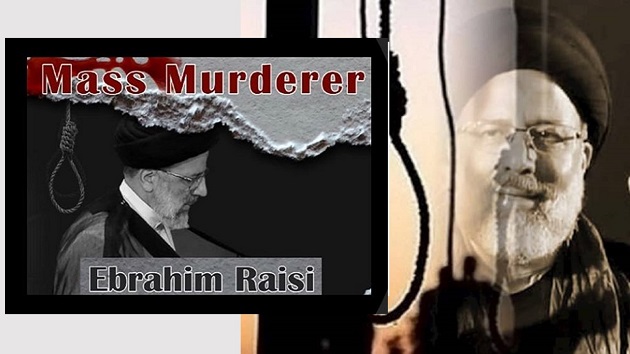The Iranian presidential election on June, 18, 2021, ended with the predicted result and Judiciary Chief Ebrahim Raisi was the victor, despite a nationwide boycott by the people.
During Raisi’s first press conference, he appeared to respond to the criticisms against him that fueled the boycott, like his role in the 1988 massacre. However, this did nothing to allay the criticism, with more pouring in during and after his speech, both domestically and internationally.
The People’s Mojahedin Organization of Iran (PMOI/MEK), which organized the boycott, reported that less than 10% of eligible voters came to the polls, with Resistance Leader Maryam Rajavi calling it “the greatest political and social blow to the mullahs’ Supreme Leader Ali Khamenei and the ruling theocracy”.
Rajavi also explained that the boycott should be seen by the world at large as a sign that the people reject the regime in its entirety and support the MEK call for regime change. This was the main focus of the MEK campaign from April and the one in February 2020, which led to the boycott of the parliamentary elections.
The Resistance has especially criticized the regime’s “hardliner vs. reformist” narrative, which is designed to confuse the West and take advantage of their appeasement policy. The idea being that reformists, like Hassan Rouhani, will take a softer approach to the West and even the people, but this has never born out. Take for instance the November 2019 uprising, where 1,500 protesters were shot dead by the regime in just a few days, while thousands more were arrested and placed under torture.
In rallies around the world on Sunday, June 20, the Iranian Resistance supporters called Raisi the “henchman of 1988”. More rallies will follow from July 10 to 12 and the world will be able to head about how the West can respond to the regime
The Iranian Resistance wrote: “One can expect that “Free Iran World Summit” to emphasize that Tehran’s malign activity never diminished under “reformist” leadership and should be expected to accelerate in every substantial way now that the presidency has been handed to a known human rights violator. That being the case, the event will surely also make the case that it would be foolish of the international community not to back the movement for regime change in the wake of the boycott’s “political and social blow” to a regime that was already rendered vulnerable by years of public unrest.”
